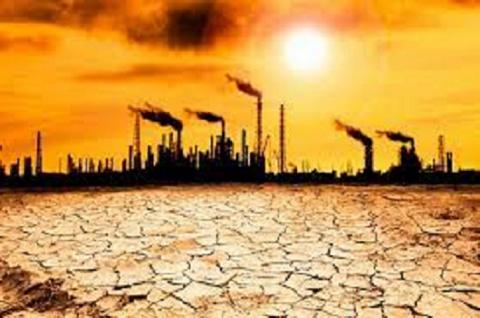More can be done to avert global warming By Drake Bbaale

In 1992, at the Earth Summit in Brazil, upon receiving reports that the global temperatures had
increased by 0.3-0.6 0 C, countries agreed to “stabilise greenhouse gas concentrations in the
atmosphere at a level that could prevent dangerous anthropogenic interference with the climate
system”.
To operationalise the consensus reached in Brazil, in 1997, the Kyoto Protocol was agreed,
where industrialised countries and economies were supposed to limit and reduce greenhouse
gases emissions according to the agreed individual targets.
And there have been concerted efforts to push for a reduction in global emissions and
greenhouse gases. The efforts led to the 2007 Nobel Peace Prize being awarded to entities
championing the sensitisation about the dangers of climate change and, therefore, making calls
for action. The Intergovernmental Panel on Climate Change (IPCC) and former US vice-
president Al Gore were the recipients of the peace prize in recognition of their efforts to
disseminate information about climate change.
Despite all the concerted effort, global emissions and greenhouse gases are still on the rise in the
world, with many businesses guilty of being the leading cause. But what could be the cause of
this unfruitful attempt by stakeholders in averting the rate of emissions?
Possibly, stakeholders need to go back to the drawing board and design more effective and
impactful solutions. There is no doubt that all major global summits have climate change issues
as part of their items on the agenda. Is there more that should be done, in addition to the energies
that are already being expended? I agree, that more can be done, if we are to realise the benefits
of all the energies being put in averting the trend of global warming.
By Drake Bbaale
Community journalist
